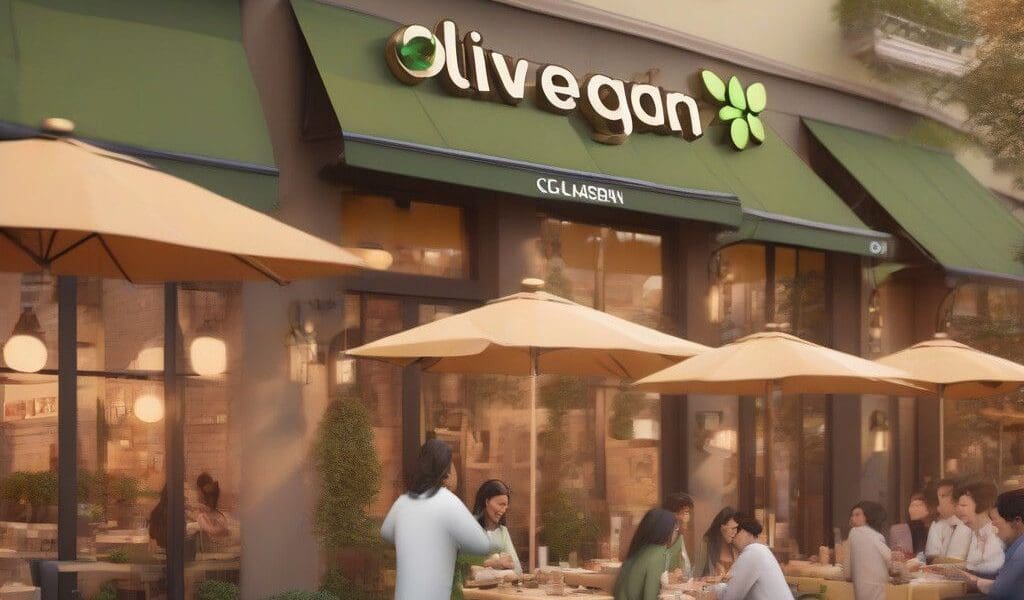In a noteworthy move, Darden Restaurants, the parent company of popular dining chains including Olive Garden, has announced a partnership with Uber Technologies to enhance its delivery options. This strategic alliance comes at a critical time when many dining establishments are grappling with reduced consumer traffic amid ongoing inflationary pressures.
The initial phase will commence as a pilot program at select Olive Garden locations in the United States by the end of 2024, with plans to extend the service to all 900 outlets nationwide by May 2025, contingent upon successful trial results. This partnership is expected to meet the shifting demands of consumers who are increasingly favoring the convenience of home delivery.
The rising share prices of Darden, which surged approximately 7% in premarket trading following the announcement, reflect investor confidence in this new direction. CEO Rick Cardenas emphasized the importance of this initiative, noting, “Guests have been asking us for home delivery options and they continue to show they are willing to pay for the convenience.” This further illustrates how essential it is for restaurants to adapt to evolving consumer desires without sacrificing their competitive edge.
However, the backdrop of this partnership reveals challenges for Darden. The company recently reported a 2.9% decrease in same-store sales at Olive Garden, following a broader 6% drop in its fine dining sector. The quarterly financial results were below analysts’ expectations, reflecting a significant drop in customer visits amid persistent economic conditions.
In terms of broader industry context, Darden is not alone; the restaurant sector as a whole is experiencing a downturn as inflation concerns keep consumers cautious about dining out. CFO Raj Vennam mentioned that a “significant step down” in customer traffic during July had directly contributed to disappointing quarterly earnings. They reported an adjusted profit of $1.75 per share, falling short of the anticipated $1.83 per share, and overall quarterly net sales reached $2.76 billion, slightly below the expected $2.80 billion.
Through these fluctuations, Darden’s shift towards leveraging delivery services through Uber signifies a critical pivot in strategy aimed not only at regaining lost consumers but also at enhancing profitability amidst challenging circumstances. The partnership aims to tap into the robust demand for food delivery services, especially as many households opt for dining in rather than frequenting restaurants.
Restaurants have increasingly recognized the necessity of adapting to these dynamics, extending their digital and delivery capabilities to stay relevant. For instance, competitors have also broadened their delivery networks and optimized online ordering platforms to attract more customers. Darden’s collaboration with Uber forms part of this broader trend, suggesting a concerted effort to align with consumer behaviors shaped by economic pressures.
As Darden prepares to roll out its delivery service, it will need to ensure that the quality and efficiency of its operations meet customer expectations. This aligns with a larger narrative seen across the food service industry, where operators face increased scrutiny over their ability to deliver not only food but also a seamless customer experience.
Ultimately, the partnership with Uber posits Darden Restaurants to adapt to the accelerating trend of delivery services while addressing the current sales challenges. This strategic initiative may well be the catalyst needed to rejuvenate customer interest and offer a more flexible dining experience—an essential consideration in today’s rapidly changing consumer landscape.











